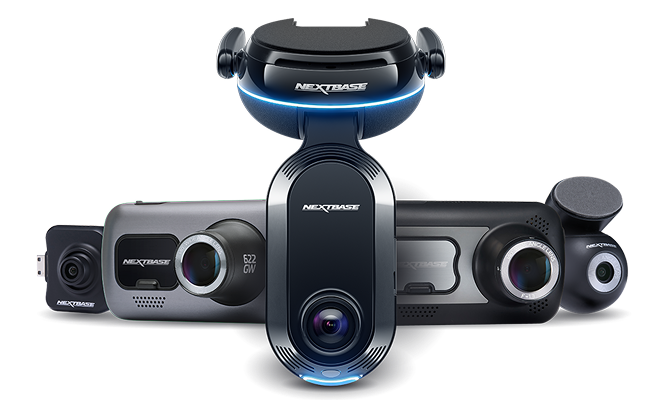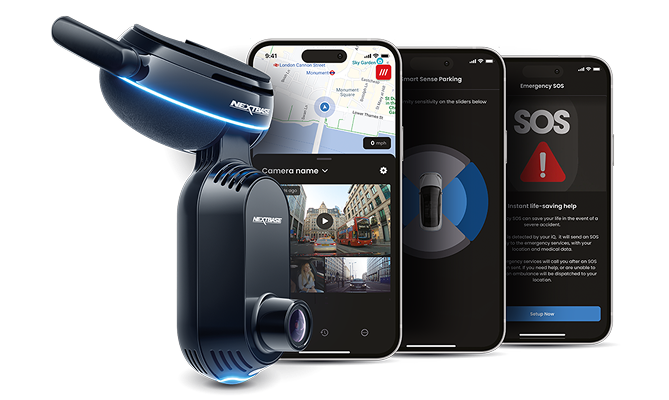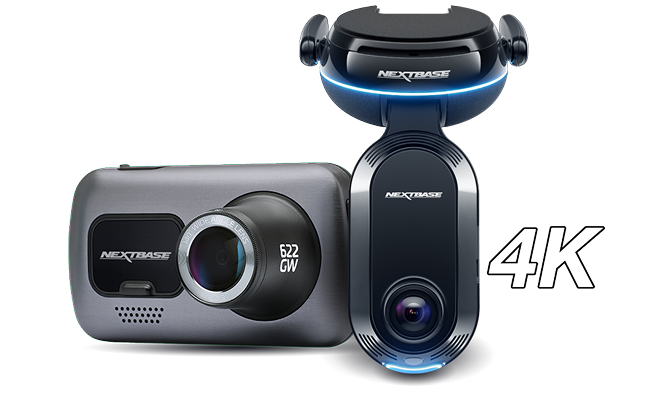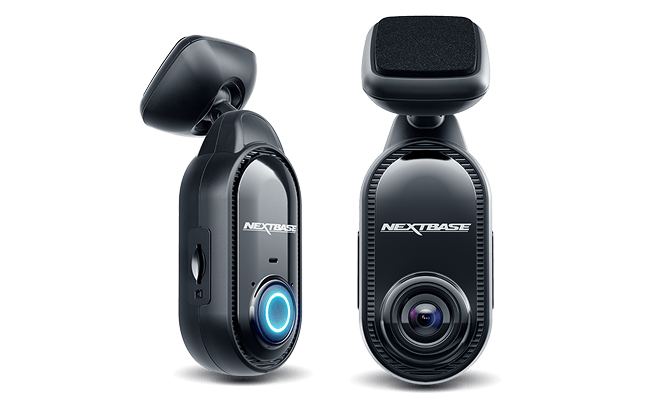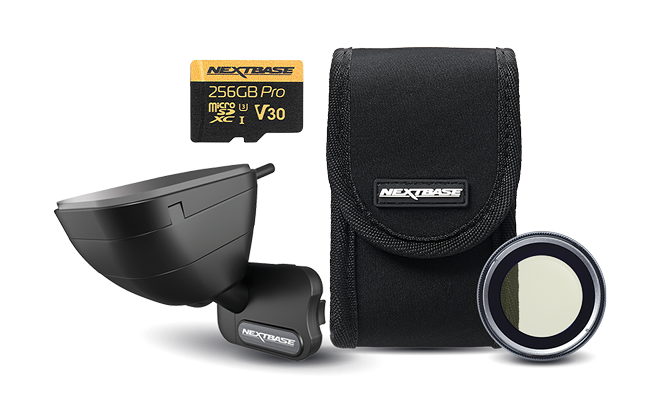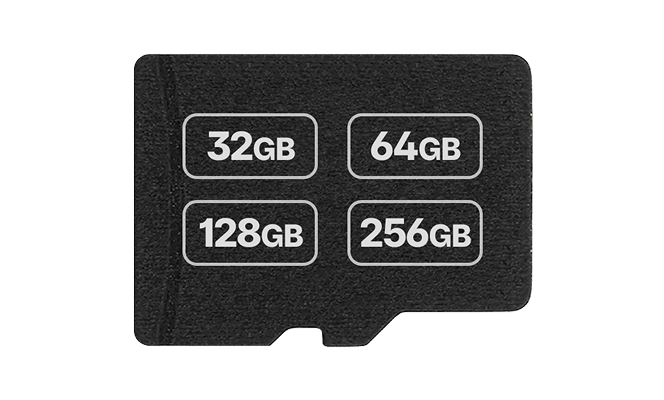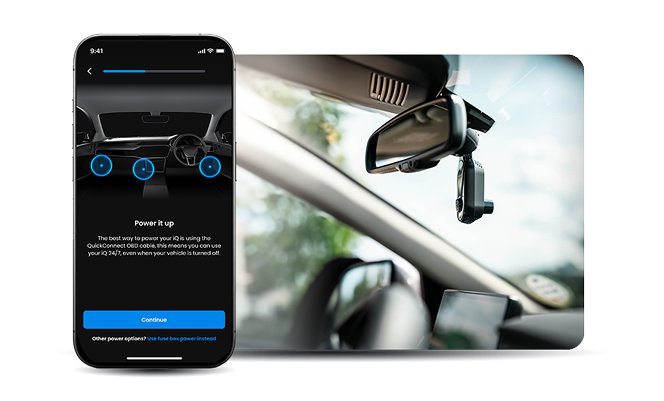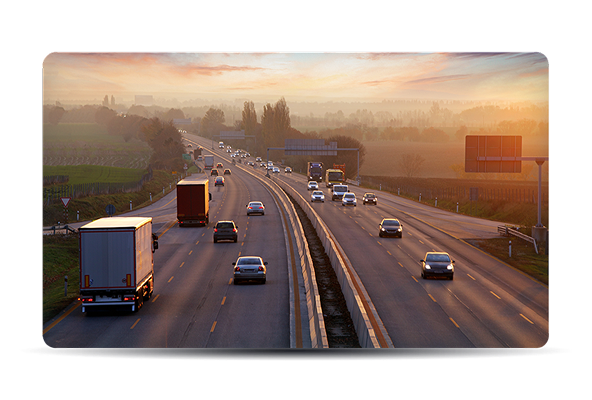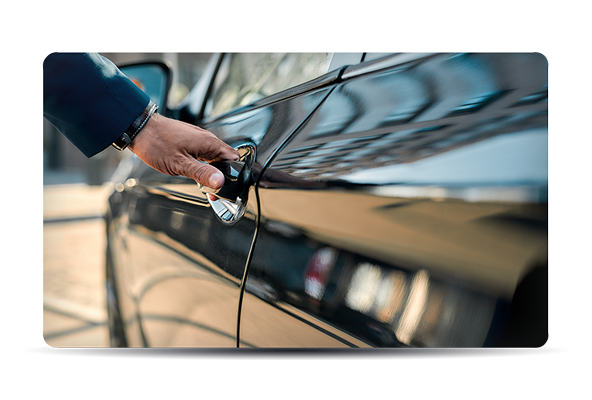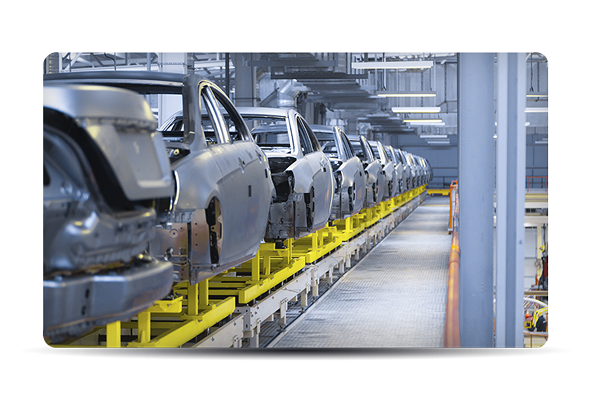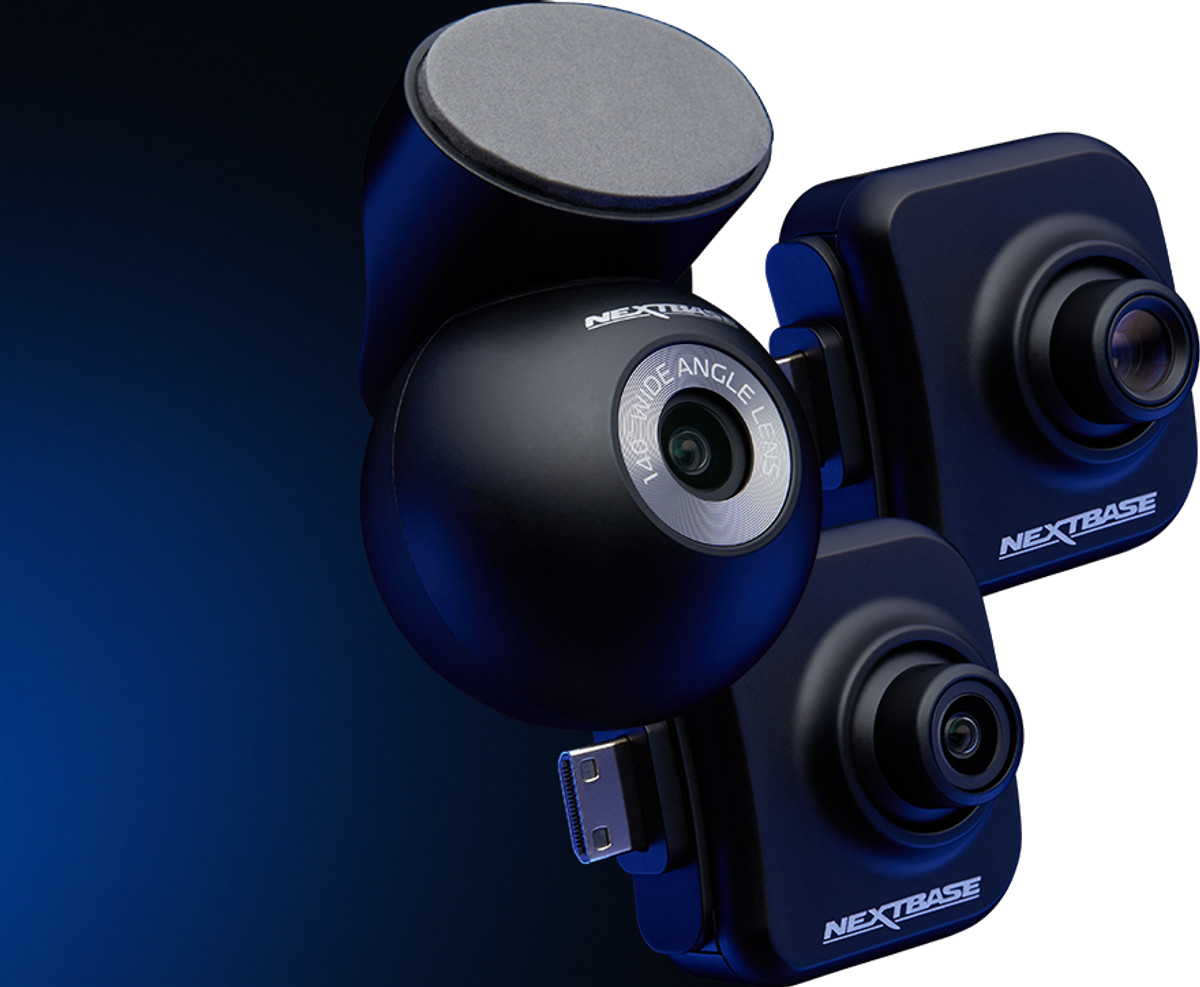Manuals
My Nextbase Player
Firmware
FAQs
Manuals
Owner’s manual
Here you can find the manual for the Series 2 Accessories, including:The Rear Window Camera, The Rear View Camera, The Cabin View Camera, Polarising Filter, Hard Wire Kit, Carry Case and SD cards.
Manuals
Firmware
Firmware for your product
A Firmware Update is not required for these products.
Firmware
FAQs
1. Please remove the SD card, then press the reset button on the underside of the Dash Cam. Then, without the SD card inserted, please plug in the rear camera. Then turn on the front camera. Does it now start normally? Can you now see the rear camera image? If so, the SD card has failed or is not compatible for use with your front camera.
2. Clean all of your rear camera connectors with an alcohol wipe to ensure that they're clean and free of debris.
3. Ensure the Rear Window Camera cable is fully inserted where the cables join- it should click when it's fully connected together.
4. Ensure your Dash Cam's Firmware is on the latest firmware available (can be found on the front camera's individual Support page).
5. Ensure you're using a suitable U3 SD card. I'd recommend a Dash Cam compatible U3 SD card, specifically designed for Dash Cam or CCTV usage. Using a dash cam compatible SD card instead should then allow your Dash Cam to function as designed. For guaranteed functionality and warranty, I'd suggest a Nextbase SD card.
6. Format your SD card in your front camera's settings.
Only your front camera (322GW, 422GW, 522GW or 622GW) needs to have a firmware update. The Rear Camera does not have individual firmware. To check and update your firmware for your front camera, please see the front camera Support Page FAQs sections.
The Rear Window Camera cable is 6 metres long.
If your camera is positioned close to your rear mirror in your car, you may need to move the rear camera away from the front camera.
You can do this by using a short extension cable designed for the Rear View or Cabin View rear cameras.
This can be purchased here:
You have 'Dual Files' turned on in the Camera's settings. This means that for every recorded time period, two files will be produced; one HF and one LF- High Resolution Front and Low Resolution Front. If you also have a Rear Camera attached, then four recordings will be made; HF, LF, HR, and LR: High Resolution Rear and Low Resolution Rear. The smaller file size of the low quality video means it is quicker to transfer and edit within the app. Please note: Recording both high and low resolution versions will take up more space on the memory card. If you turn off Dual Files, then only the High Resolution footage will record.
You can disable Dual Files by:
1) Turn the Dash Cam on
2) Stop it recording (by pressing the red circle)
3) Go into Settings (the button in the top left)
4) Go into Video settings
5) Scroll across to ‘Dual Files'
6) Enable or Disable Dual files here.
You can re-format the card by two methods;
1) On the Dash Cam Itself
2) On a Computer
1) On the Dash Cam:
a) Turn on the Dash Cam
b) Stop it recording
c) Open Settings
d) Go into Setup
e) Click 'Format'
f) Follow the instructions.
2) On a Computer:
a) Plug the SD card into the SD card port, or plug the provided USB cable into the port on the top of the camera.
b) When the drive appears, right click on the drive.
c) Select 'Format' (Windows) or 'Erase' (Mac)
e) Do not click the 'Quick Format box'. Please ensure it's formatted as exFAt or FAT32.
f) Follow the instructions.
Please be aware that formatting the SD card will delete all the data on the card, so if you wish to keep any footage, please copy this across to a computer before you start the formatting process.
We recommend reformatting the SD card every 2-3 weeks to prolong the life of the card.
As the front camera only has one rear camera port, only ONE rear camera can be used simultaneously. E.g. one Rear Window Camera.
A Rear Window Camera and/or Rear View Camera and/or Cabin Camera cannot be used simultaneously.
The Rear Window Camera comes with the connecting cable included.
The front camera will display the rear camera image as a picture-in-picture on it's screen. However the files themselves will be recorded separately. You'll get one recording for the front camera and a separate recording for the rear camera.

